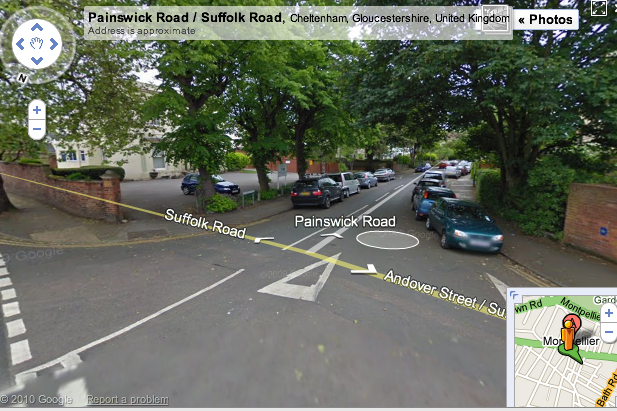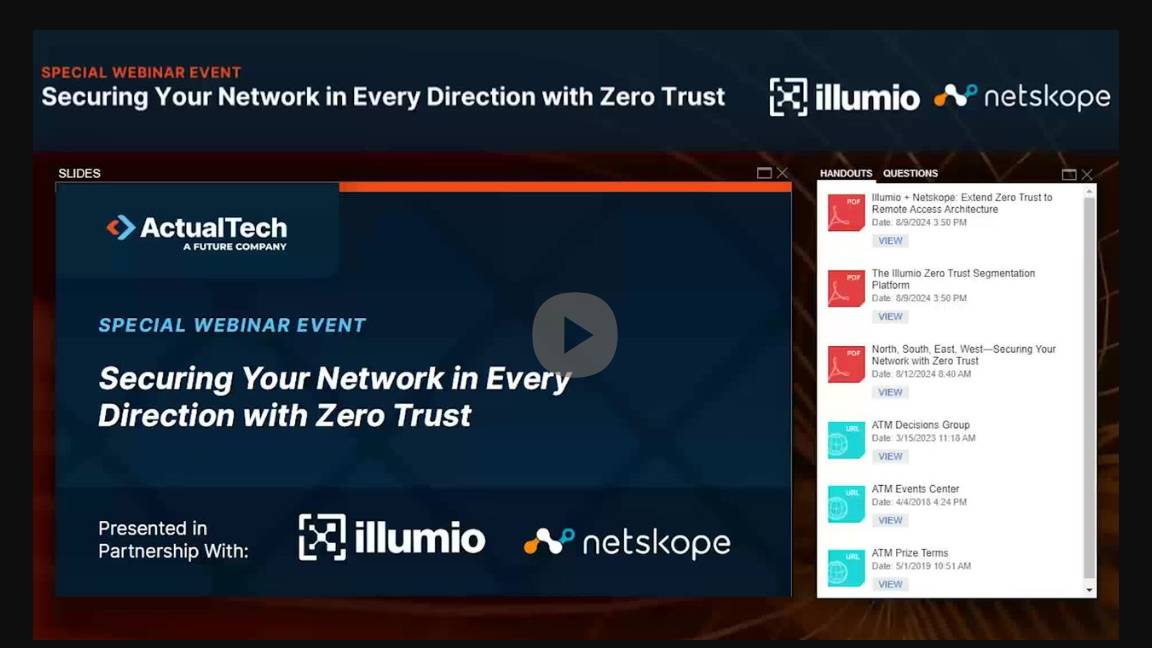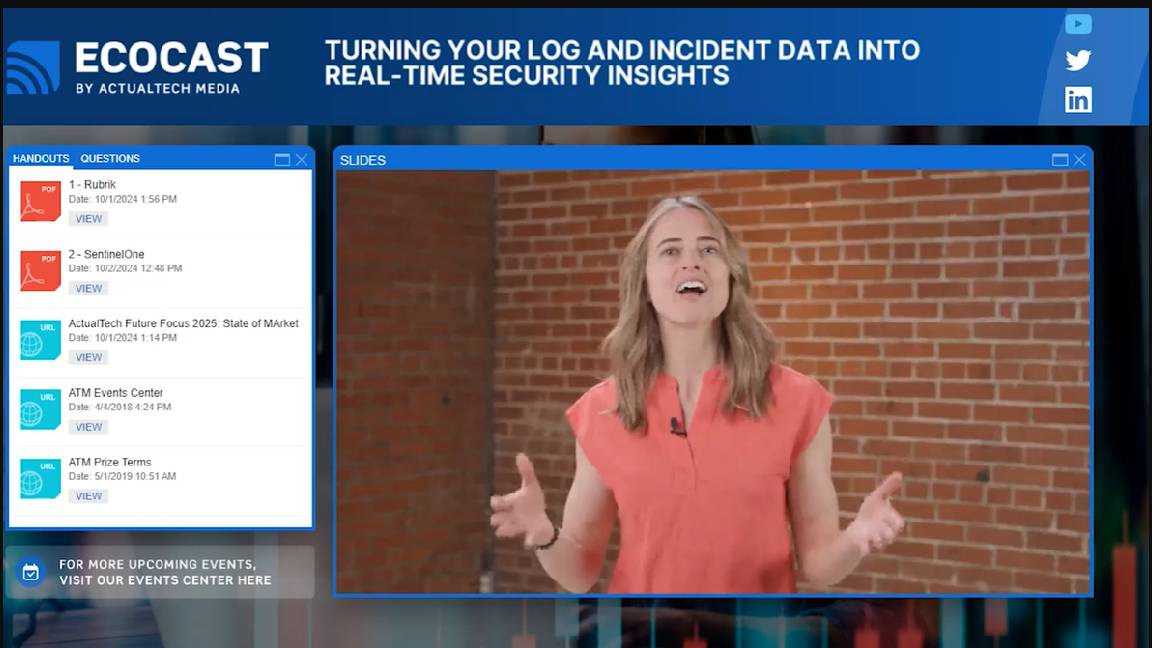Google offers opt-out for Street View Wi-Fi tracking
Google allows users to stop the internet giant taking their Wi-Fi location information.


After the debacle surrounding Google Street View last year, the internet giant has offered people the chance to opt-out of having their Wi-Fi location data taken when its cars are doing the rounds.
Google will make it simple for users to opt-out, as all they have to do is change their SSID to end with '_nomap.'
When Google took payload data from Wi-Fi connections across the world and its actions were discovered, the company faced legal action in various countries last year.
We hope that over time the '_nomap' string will be adopted universally.
The company said it was all a mistake, after an engineer wrote a piece of code, which was created for an "experimental Wi-Fi project." This code was then unwittingly included in software used by Google's mobile team when it was collecting "basic Wi-Fi network data" on the Street View collection.
In the UK the Information Commissioner's Office (ICO) told Google to improve its privacy processes as the company avoided a hefty fine.
Yesterday, Google confirmed it would allow people to opt out of having their wireless access point included in the Google Location Server.
Get the ITPro daily newsletter
Sign up today and you will receive a free copy of our Future Focus 2025 report - the leading guidance on AI, cybersecurity and other IT challenges as per 700+ senior executives
"The wireless access point information we use in our location database, the Google Location Server, doesn't identify people. But as first mentioned in September, we can do more to address privacy concerns," said Peter Fleischer, global privacy counsel at Google, in a blog post.
"To opt out, visit your access point's settings and change the wireless network name (or SSID) so that it ends with '_nomap.' For example, if your SSID is 'Network,' youd need to change it to 'Network_nomap.'"
Fleischer said using this method provided "the right balance of simplicity as well as protection against abuse."
"Specifically, this approach helps protect against others opting out your access point without your permission," he added.
"Finally, because other location providers will also be able to observe these opt-outs, we hope that over time the '_nomap' string will be adopted universally. This would help benefit all users by providing everyone with a unified opt-out process regardless of location provider."
Late last month, Google confirmed it would be taking Street View inside businesses for those who wanted to take part.
Tom Brewster is currently an associate editor at Forbes and an award-winning journalist who covers cyber security, surveillance, and privacy. Starting his career at ITPro as a staff writer and working up to a senior staff writer role, Tom has been covering the tech industry for more than ten years and is considered one of the leading journalists in his specialism.
He is a proud alum of the University of Sheffield where he secured an undergraduate degree in English Literature before undertaking a certification from General Assembly in web development.
-
 Why keeping track of AI assistants can be a tricky business
Why keeping track of AI assistants can be a tricky businessColumn Making the most of AI assistants means understanding what they can do – and what the workforce wants from them
By Stephen Pritchard
-
 Nvidia braces for a $5.5 billion hit as tariffs reach the semiconductor industry
Nvidia braces for a $5.5 billion hit as tariffs reach the semiconductor industryNews The chipmaker says its H20 chips need a special license as its share price plummets
By Bobby Hellard
-
 Securing your network in every direction with zero trust
Securing your network in every direction with zero trustWhitepaper Webinar on the evolution of network security
By ITPro
-
 Turning your log and incident data into real-time security insights
Turning your log and incident data into real-time security insightsWhitepaper Integrate multiple data sources for a comprehensive security view
By ITPro
-
 Do more with less: Optimizing servers with HPE to maximize VMware licensing
Do more with less: Optimizing servers with HPE to maximize VMware licensingWhitepaper Your trusted guide through the changes in the virtualization market
By ITPro
-
 The impact of generative AI on business
The impact of generative AI on businessWhitepaper Optimal and speedy GenAI computing performance
By ITPro
-
 Fortify your future with HPE ProLiant Servers powered by Intel
Fortify your future with HPE ProLiant Servers powered by IntelWhitepaper Enhance your security and manage your servers more effectively
By ITPro
-
 Getting value from generative AI
Getting value from generative AIWhitepaper Become more productive and pursue innovation
By ITPro
-
 The Gorilla Guide To… How HPE ProLiant Gen11 servers powered by Intel deliver trusted security
The Gorilla Guide To… How HPE ProLiant Gen11 servers powered by Intel deliver trusted securityWhitepaper How systems, software, and connections are protected
By ITPro
-
 Tech brief security bundle
Tech brief security bundleWhitepaper By Hewlett Packard Enterprise
By ITPro